Heavy snowfall in Switzerland causes traffic chaos and accidents
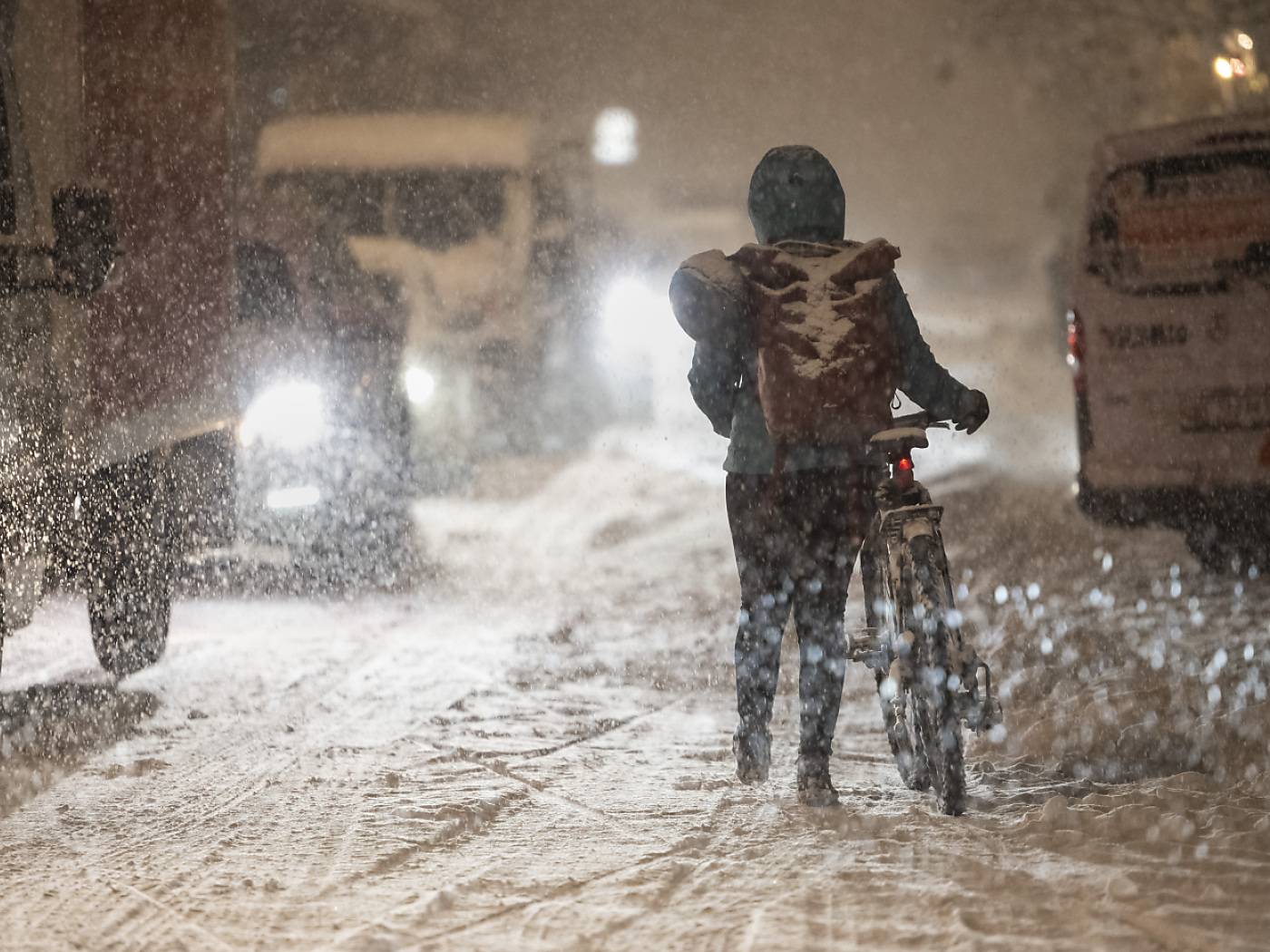
The heavy snowfall late on Thursday and during the night into Friday led to traffic chaos and many accidents in many regions of Switzerland. The situation slowly returned to normal on Friday morning.
+Get the most important news from Switzerland in your inbox
In German-speaking Switzerland in particular, the cantonal police reported a large number of accidents due to the difficult road conditions.
In canton Bern, for example, around 130 traffic accidents had occurred by early Friday morning. In a collision between a military vehicle and a touring car on the A1 highway near Kirchberg, nine occupants of the army vehicle were injured. In all other accidents in canton Bern, six people were injured.
Some 150 accidents were reported in canton Zurich, 120 in St Gallen, 60 in Aargau and 40 each in cantons Thurgau and Solothurn. There were also accidents in Zug, Lucerne and Graubünden. These resulted in fender benders and a few minor injuries.
According to the cantonal police, the main cause of the accidents was insufficient distance between vehicles and inappropriate speed. The fact that many vehicles were driving on summer tires also contributed to the accidents.
+ Heavy snow blocks Swiss mountain passes
Night shift for winter services
The winter services worked a night shift in many places in the lowlands. The transport companies in Basel, Zurich and Bern partially resumed operations.
Swiss Federal Railways expected delays and train cancellations to continue on Friday morning. Several hundred staff were doing their utmost to prevent the effects of the cold, the Federal Railways tweeted early on Friday morning.
Reasons for the restrictions included disruptions to overhead lines and vehicles as well as icy points. The railroad company is working at full speed to rectify the disruptions as quickly as possible, said a Federal Railways spokesperson.
According to the railroad company, prolonged snowfall, freezing rain and prolonged cold spells with sub-zero temperatures are particularly challenging for rolling stock.
No trams in Bern and Basel
Due to precarious road conditions, trams and buses in Bern were cancelled on Friday morning. The buses then resumed their journey at around 9am. Bernmobil expects to be able to resume tram services around midday.
In Basel, too, snow-covered parts of the overhead line meant that tram services remained suspended. The Basel transport company wanted to gradually resume bus services, but still expected them to operate irregularly. Zurich’s public transport company did the same, but sent most of its trams and buses back on the road on Friday morning.
+ Rebels in the snow: a history of Swiss snowboarding
Zurich Airport was ready
Zurich Airport did not expect any major disruptions. The runways were ready for the start of operations at 6am, an airport spokesperson told the Swiss News Agency Keystone-SDA. The airport’s winter services had worked through the night, clearing the runways and other areas.
Numerous flights from Zurich Airport still had to be cancelled early Thursday evening, according to information on the airport website.
Relatively large amounts of snow
Due to the intensive snowfall and the cold weather, considerable amounts of snow accumulated. In the city of St Gallen, for example, there was 25 centimetres of snow on Friday night. This was measured at 2am by the federal measuring station.
According to the Federal Office of Meteorology and Climatology (MeteoSwiss) on the X platform, the snow cover in the lowlands grew to over 20 centimetres in places during the night to Friday.
In contrast, there was slightly less snow in western Switzerland. At 2.50am, MeteoSwiss meteorologists also measured 25 centimetres of snow in the Vaud town of La Dôle above Lake Geneva, but “only” 21 centimetres in Sion, 18 centimetres in La Chaux-de-Fonds and eight centimetres in Fribourg.
According to the MeteoSwiss forecast, there are likely to be further isolated snow showers in the lowlands throughout Switzerland on Friday, but the heaviest snowfalls are over.
Translated from German by DeepL/ts
This news story has been written and carefully fact-checked by an external editorial team. At SWI swissinfo.ch we select the most relevant news for an international audience and use automatic translation tools such as DeepL to translate it into English. Providing you with automatically translated news gives us the time to write more in-depth articles.
If you want to know more about how we work, have a look here, if you want to learn more about how we use technology, click here, and if you have feedback on this news story please write to english@swissinfo.ch.

In compliance with the JTI standards
More: SWI swissinfo.ch certified by the Journalism Trust Initiative








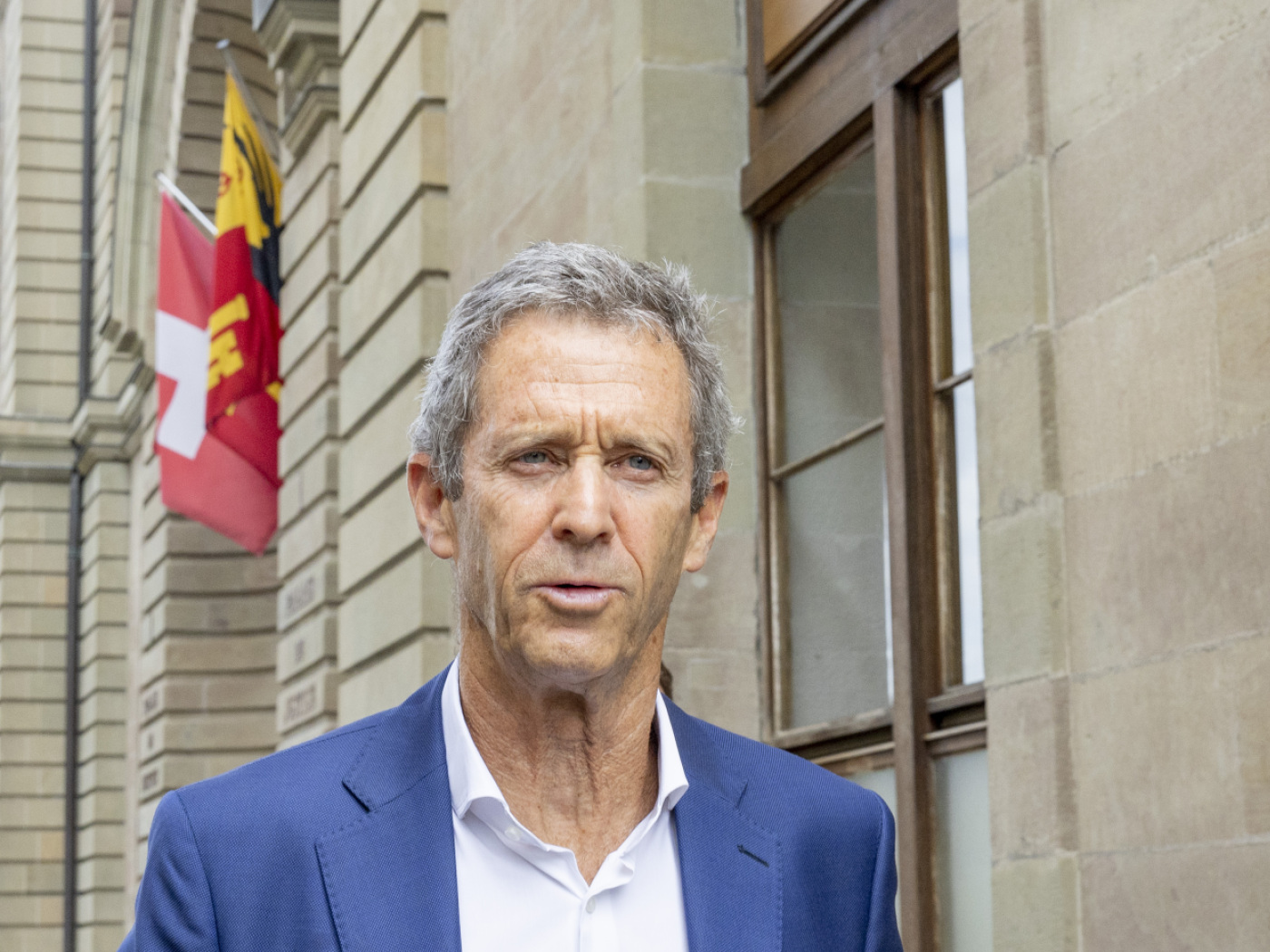



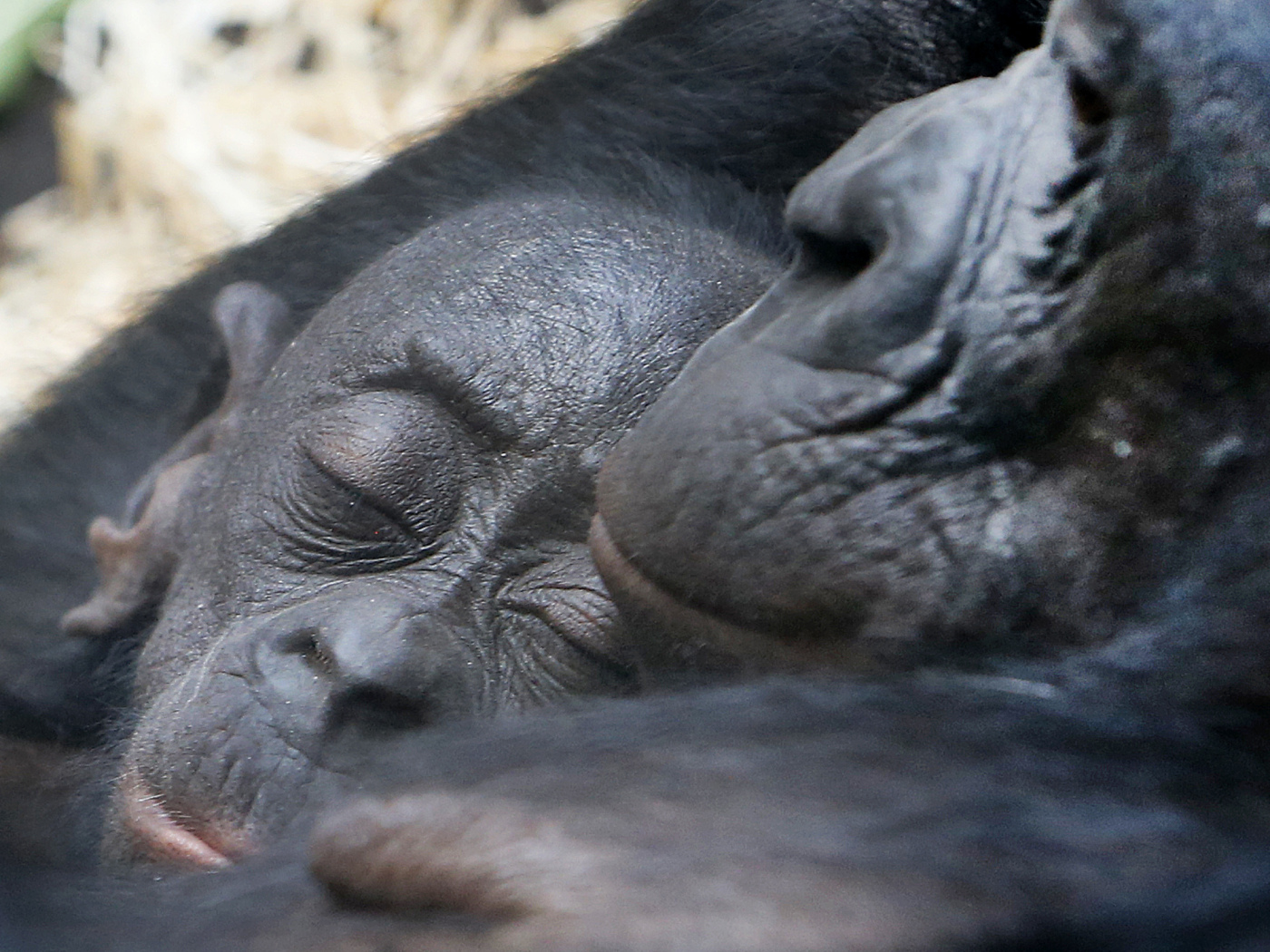
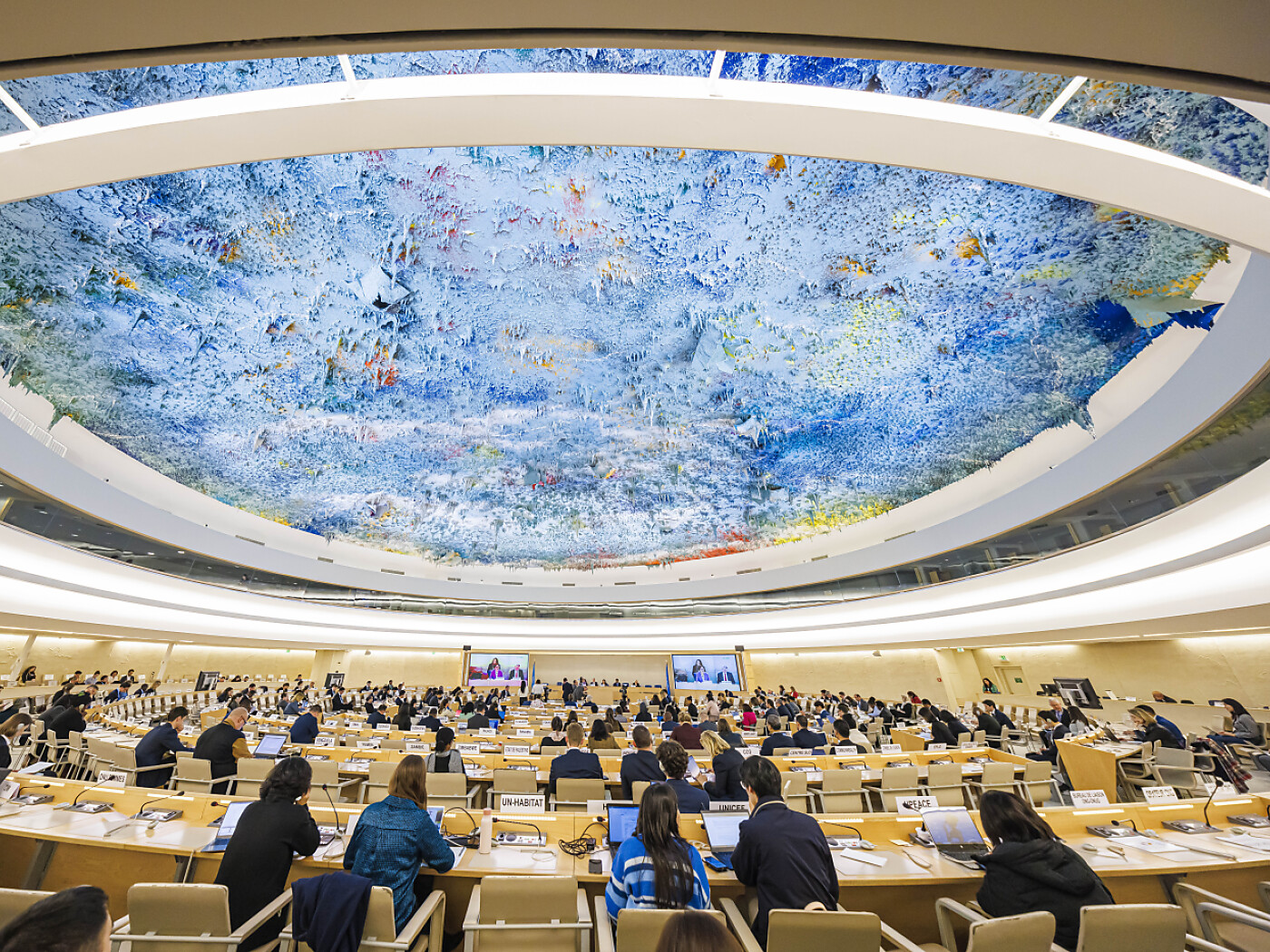
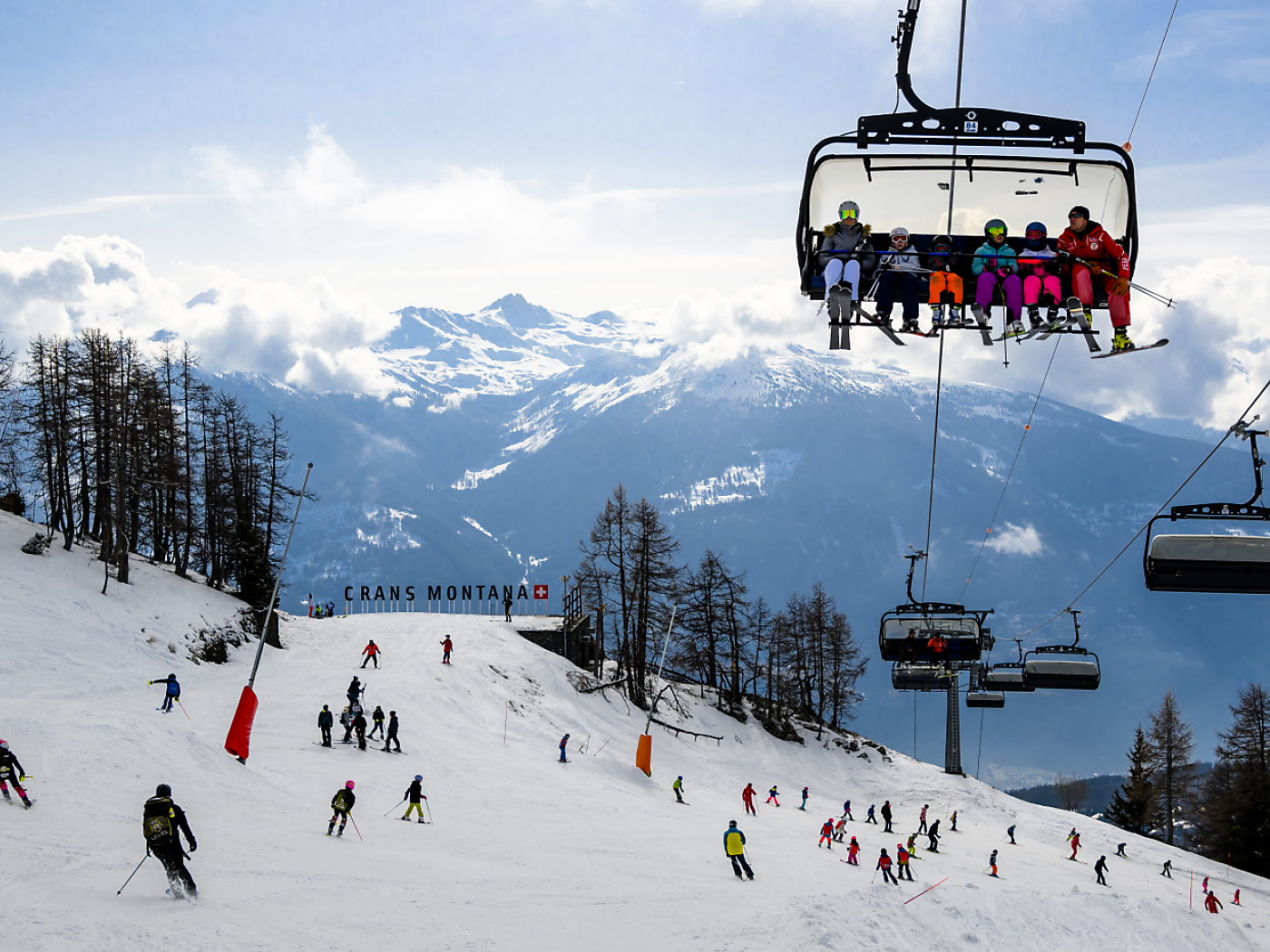
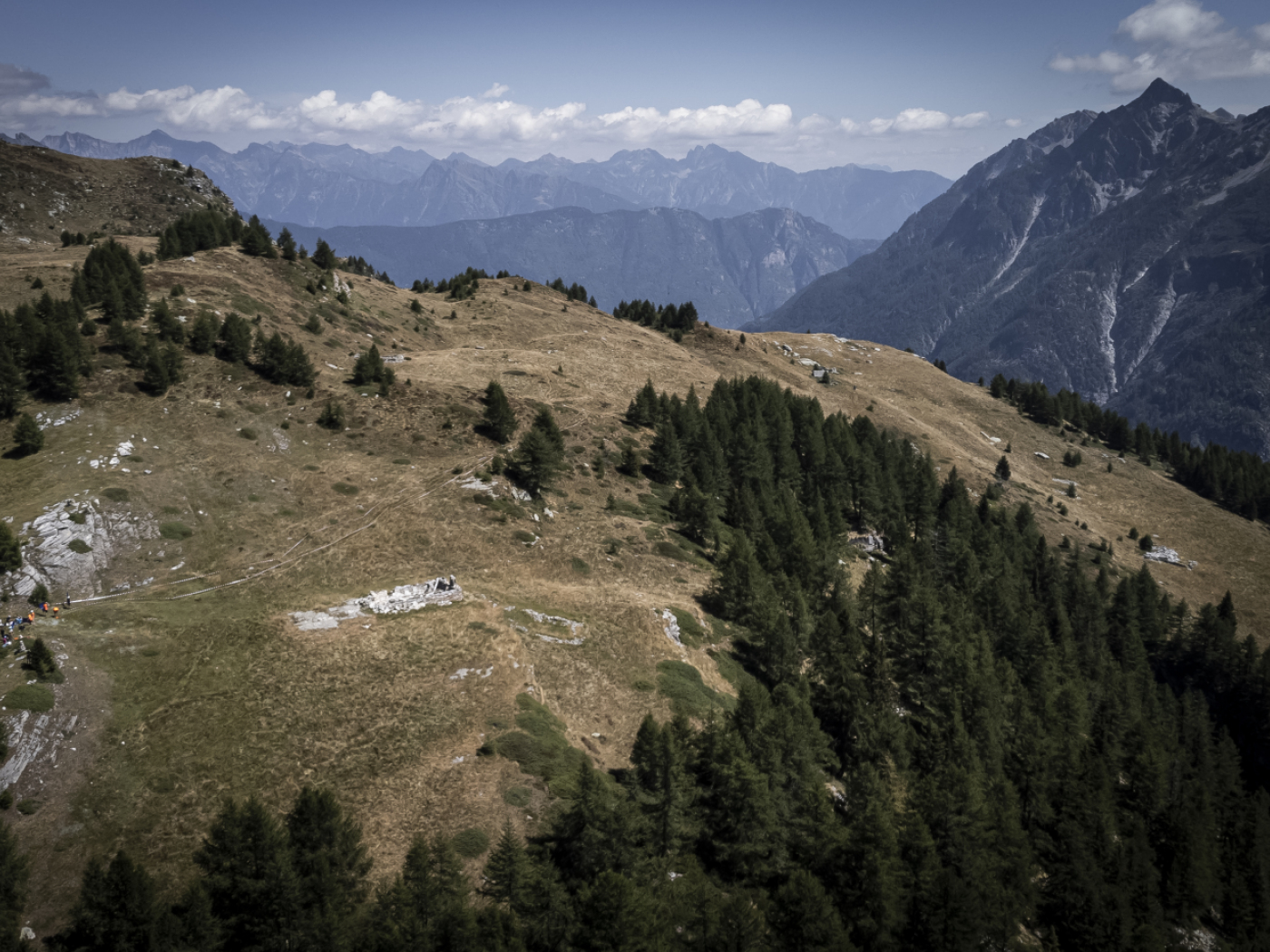
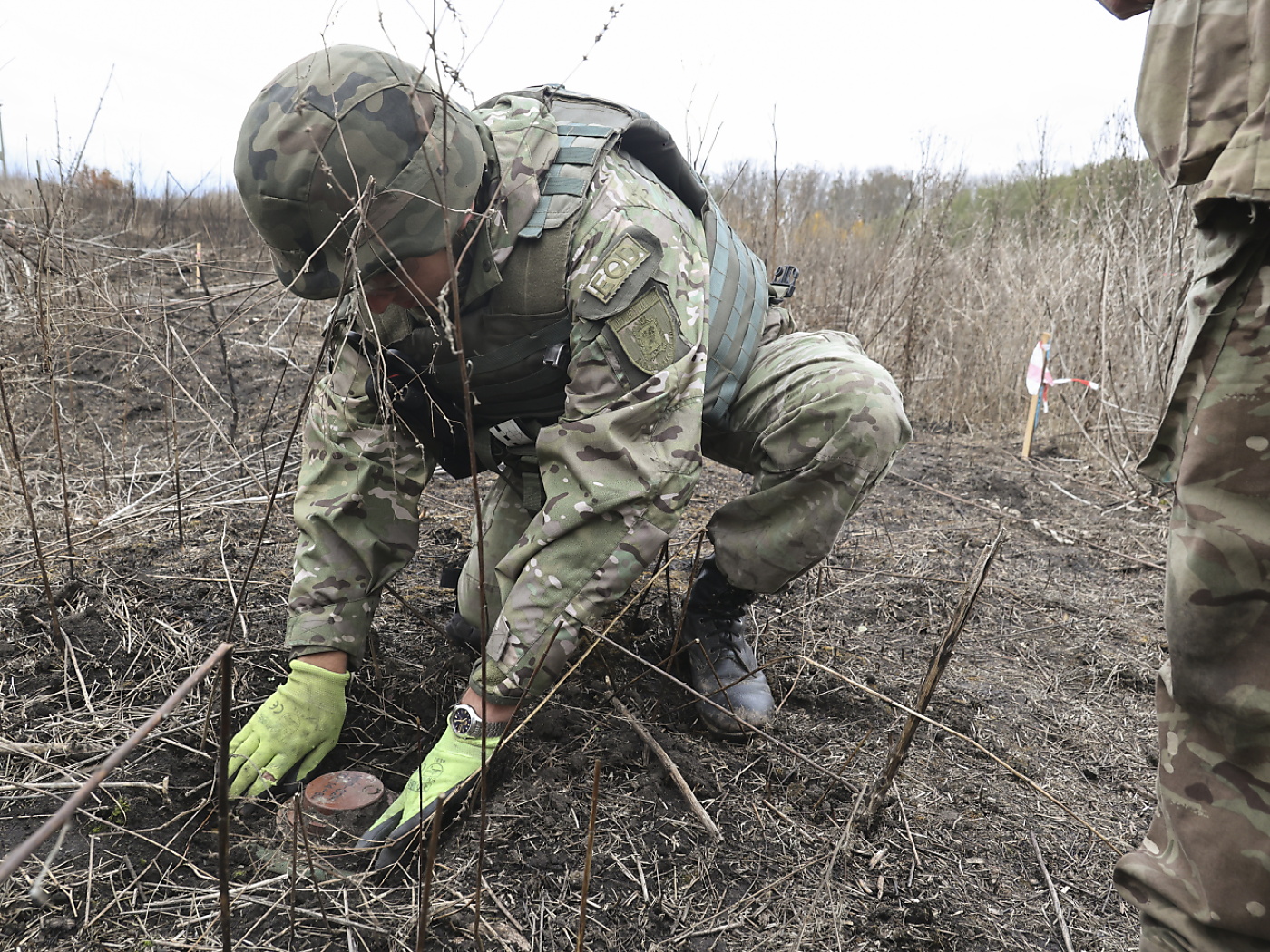
You can find an overview of ongoing debates with our journalists here . Please join us!
If you want to start a conversation about a topic raised in this article or want to report factual errors, email us at english@swissinfo.ch.